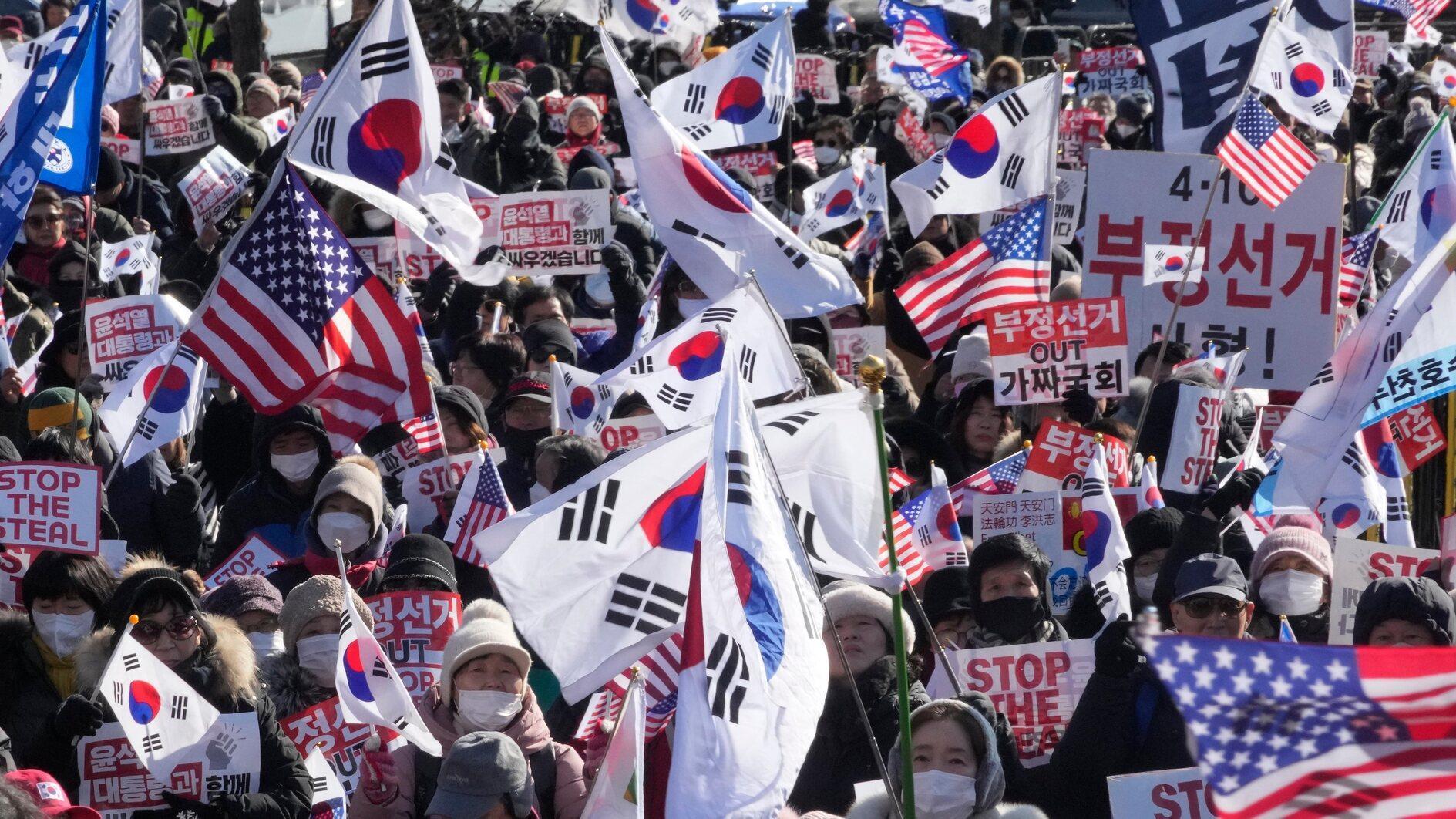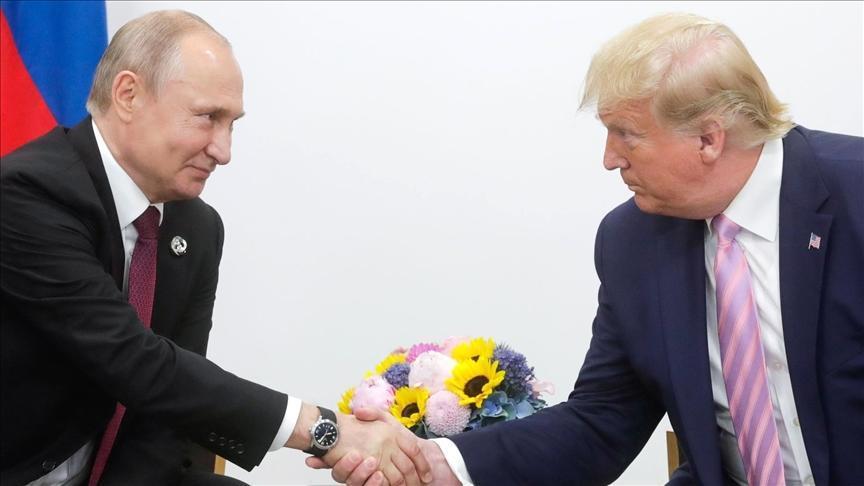Turkish elections to take place under extraordinary conditions
The course of Turkish politics has been drastically changed in the seven days since the ruling Justice and Development Party (AKP) and the Nationalist Movement Party (MHP) announced their decision to hold early elections on June 24.
When parliament voted in favor of snap polls, the country was just 65 days ahead of one of Turkey’s most critical elections ever. The date of June 24 was also announced on the same day as parliament voted to extend the state of emergency for another three months.
Furthermore, there was still no law on how to elect the president or how candidates would be nominated, meaning that the Supreme Election Board (YSK) was (and still is) unable to announce an election timeline. In addition, the selection of June 24 was widely interpreted as an attempt to put a hurdle in front of the İYİ (Good) Party’s participation in the election.
All of this has created the perception on the opposition front that the AKP-MHP alliance is keen to hold elections with excessive haste simply to help President Recep Tayyip Erdoğan win in the first round. This unprecedented haste on the side of the AKP-MHP alliance has also led to the idea that the upcoming snap elections will take place under extraordinary conditions and therefore requires extraordinary measures from the opposition parties.
This conviction led the main opposition Republican People’s Party (CHP) to give 15 of its lawmakers to the İYİ Party to secure the latter’s participation in the election, without any major internal CHP reaction. The same reflex also led CHP leader Kemal Kılıçdaroğlu to vow that his party is “ready to make sacrifices for the good of Turkey.”
This rare show of solidarity in Turkish politics has boosted the morale of the opposition, with intensified shuttle diplomacy between the parties as they aim to craft the best election strategy. CHP leader Kılıçdaroğlu has held talks with both Felicity Party (SP) leader Temel Karamollaoğlu and İYİ Party leader Meral Akşener, while the latter two have also met. Akşener praised the CHP leader’s gesture of allowing 15 lawmakers to join her party, while Karamollaoğlu was praised during his visit to the İYİ Party.
All this seems rather novel for Turkish politics, which is most often associated with tension and angrily worded political disputes. However, these moves will not be enough for the opposition bloc if it wants to win the presidential election as well as a parliamentary majority. Kılıçdaroğlu has signaled that his party could take part in an election alliance and that he will not “impose” any candidate for the presidential race. He has stressed that the principles on which the opposition parties agree are sure to be more important than which candidate will be running against Erdoğan.
The deliberations between opposition parties will continue in the coming days, after which a clear roadmap will presumably be set. That is why it is hard to make any concrete forecast at the moment.
At the point we have arrived at, one can suggest that the AKP-MHP alliance’s rush to hold elections so soon has actually given a psychological boost to the opposition parties, prompting them to take extraordinary measures under extraordinary conditions.











